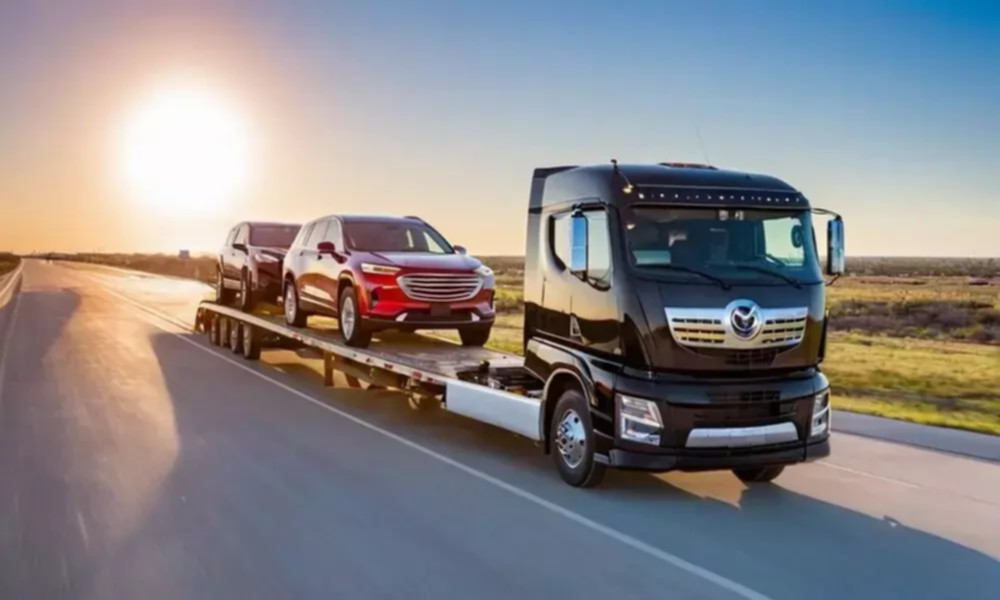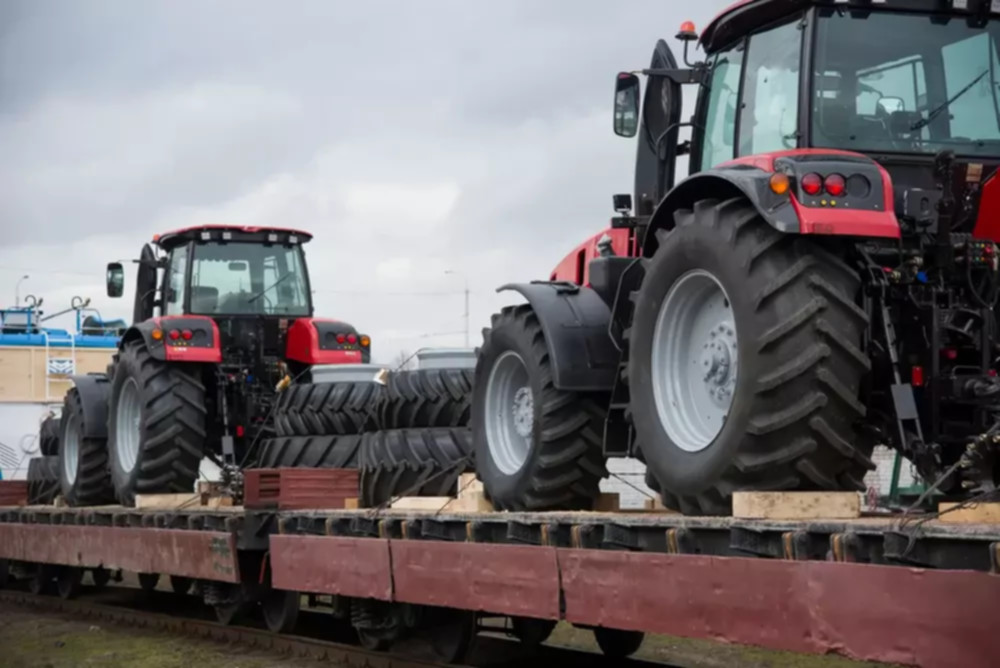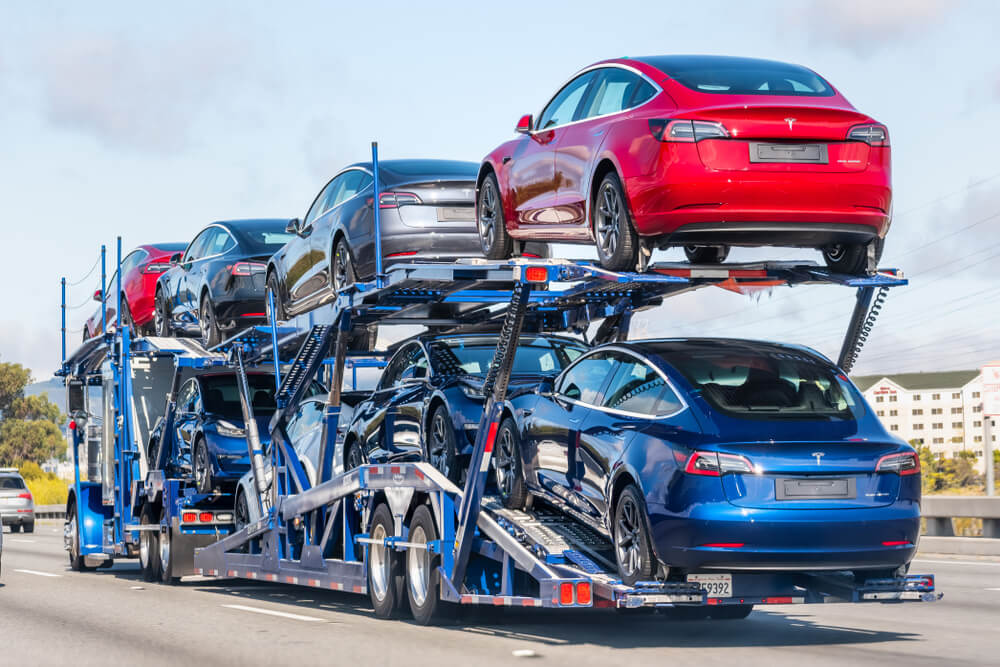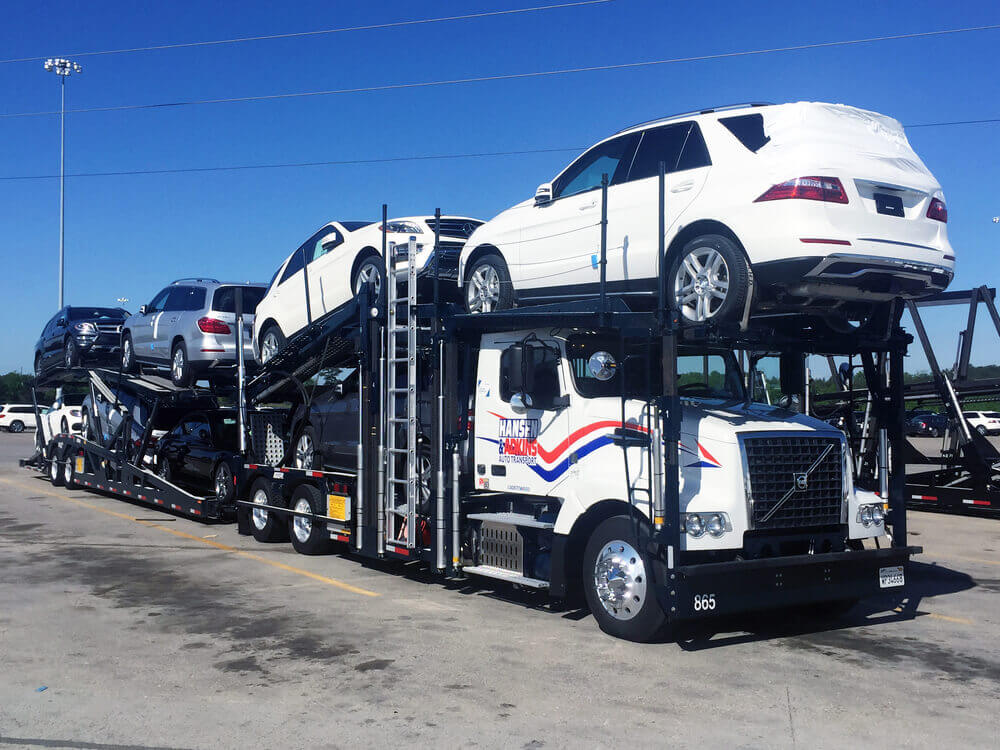The Essential Role of Employee Benefits Companies in Today’s Workforce

When it comes to moving large, heavy, or unusually shaped machinery and equipment, the task requires specialized knowledge and resources. Oversized equipment transportation is a critical industry that supports many sectors including construction, manufacturing, agriculture, and energy. For companies and individuals facing the challenge of moving bulky items, the expertise provided by services like those at oversizedequipmenttransportation.com becomes invaluable. This article explores the complexities involved in transporting oversized equipment, the solutions that make it possible, and tips for ensuring a smooth and safe process.
Understanding Oversized Equipment Transportation
Oversized equipment transportation refers to the movement of items that exceed standard legal size and weight limits for road travel. These can include heavy machinery such as excavators, bulldozers, cranes, wind turbine components, large generators, and industrial tanks. Because these loads are not typical freight, they require special handling, permits, and equipment.
The challenges of oversized transportation stem from the physical dimensions and weight of the cargo. Roads, bridges, tunnels, and overhead clearances may limit possible routes. Traffic laws impose restrictions to protect public safety and infrastructure. Additionally, the equipment often needs careful loading and securing to avoid damage during transit.
Why Specialized Transport Services Are Essential
Not all transportation companies have the expertise or equipment necessary to move oversized loads. Successful transport requires:
- Specialized Vehicles: Lowboy trailers, extendable flatbeds, and multi-axle trailers designed to support heavy and irregular loads.
- Experienced Drivers: Operators trained in handling oversized loads, often requiring escort vehicles and pilot cars for safety.
- Route Planning: Detailed analysis of routes to avoid obstacles such as low bridges or weight-restricted roads.
- Permitting and Compliance: Securing the correct permits from state or local authorities, which vary depending on the dimensions and weight of the cargo.
Without these considerations, transportation can become dangerous, costly, and subject to legal penalties.

Key Components of the Transportation Process
- Assessment and Planning: Before transportation, experts evaluate the equipment’s dimensions, weight, and center of gravity. This assessment determines the appropriate trailer and handling method. Route planning is then conducted using mapping software and coordination with local transportation departments to ensure clearances and compliance.
- Permits and Documentation: Oversized loads require special permits that specify travel times, routes, and conditions. Obtaining these permits can take time and often involves coordination with multiple agencies.
- Loading and Securing the Equipment: Loading is done using cranes or heavy-duty forklifts, depending on the equipment type. Once loaded, the cargo must be secured using chains, straps, and other restraints designed to prevent shifting.
- Transport and Escorting: The transport vehicle, often accompanied by pilot cars, travels at reduced speeds with special signage and lighting to alert other drivers. Communication between escort vehicles and the driver is essential to navigate safely through challenging sections.
- Unloading and Setup: Upon reaching the destination, the equipment is carefully unloaded and placed in position, ready for operation or installation.
Benefits of Professional Oversized Equipment Transportation
Hiring a professional service for oversized equipment transportation offers several benefits:
- Safety: Expert handling reduces the risk of accidents or damage.
- Efficiency: Proper planning and equipment reduce delays and unexpected costs.
- Legal Compliance: Ensuring permits and regulations are met avoids fines and penalties.
- Peace of Mind: Experienced companies provide end-to-end management, freeing clients from complex logistics.

Common Industries That Rely on Oversized Equipment Transportation
- Construction: Heavy machinery such as excavators, cranes, and bulldozers.
- Energy: Wind turbine parts, transformers, and other large power equipment.
- Agriculture: Tractors, harvesters, and irrigation systems.
- Manufacturing: Industrial machinery and factory components.
Tips for Clients Preparing for Oversized Equipment Transportation
- Provide Accurate Measurements: Share detailed dimensions and weight information to help with planning.
- Schedule in Advance: Allow enough lead time for permits and route planning.
- Communicate Clearly: Maintain open communication with the transport company throughout the process.
- Prepare the Site: Ensure the destination is accessible and ready for unloading.
Conclusion
Oversized equipment transportation is a specialized and complex field requiring precision, expertise, and compliance with numerous regulations. Whether you are moving a large construction vehicle or a massive industrial component, working with professionals ensures the job is done safely and efficiently. Services like those found at Oversized Equipment Transportation offer the necessary tools and knowledge to manage the entire process, helping businesses maintain their operations without costly interruptions.








